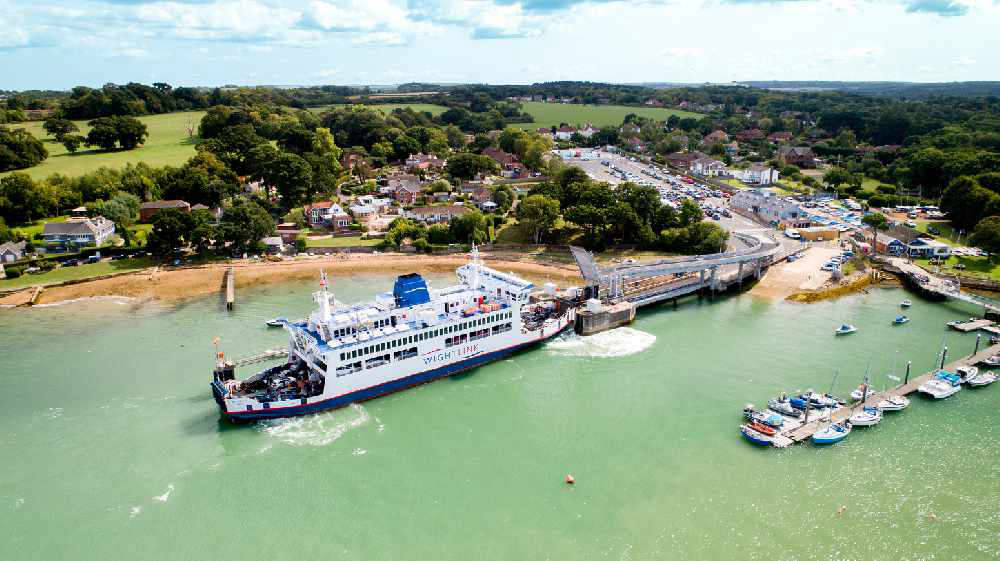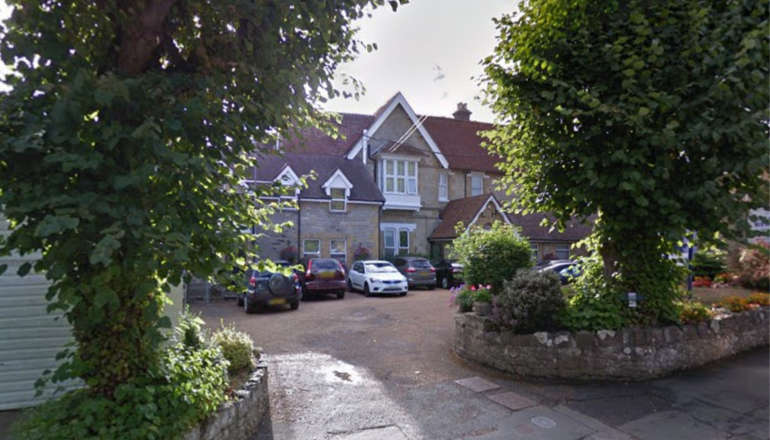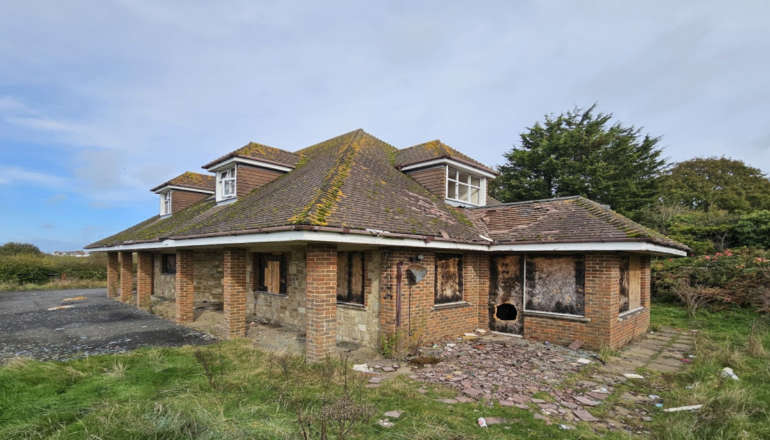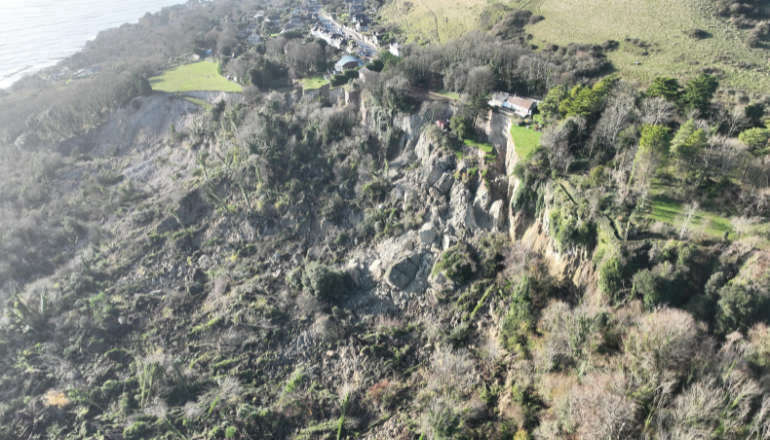
People from all parts of the UK, representing all age groups including a significant majority of Labour voters, believe the rate of inflation will increase in the next year across a range of categories, from bills and shopping to going out.
Almost three quarters (71%) of those surveyed between 22 and 25 November expect the rate of inflation to increase. They also appear to have become markedly more worried about this than at the start of the year, when the figure was at 40%, or two in five people.
"The cost of living was a real problem for the last Conservative government - even when the rate of inflation was coming down the impact on prices that people were still facing was a key factor in many voters' decisions. It is now shaping up to be a challenge for the Labour government too," Gideon Skinner, head of politics research in public affairs at Ipsos, told Sky News.
"Expectations that inflation will rise again are much more widespread than they were earlier this year, with the public particularly concerned about the cost of core household bills like utilities and food shopping.
"Under 55s and those on low incomes are particularly concerned about the short-term personal impact of the cost of living, though older people are generally more pessimistic for the prospects of further rises in inflation and falls in their disposable income next year."
? Tap here to follow the Sky News Daily wherever you get your podcasts ?
Around eight in 10 people expect the cost of both food and other household shopping to increase. In fact, worries about food prices increasing are more prevalent than in many other countries, with Great Britain ranking fourth out of 32 countries surveyed in a separate poll conducted by Ipsos.
Economy is 'poor'
Britons' assessment of the UK economy has also worsened since Labour took office, especially since the chancellor's October budget, with 75% saying the state of the economy is "poor", up from 70% before the election.
Still, things aren't perceived quite as badly as back in late 2022 following Liz Truss and Kwasi Kwarteng's mini-budget, when nearly 90% thought the economy was doing badly.
While people who voted for Labour in this year's election are the least pessimistic compared to others, 69% of them still rate the economy as poor.
Messaging on taxes not landing
The government has promised that there will be no tax rises for "working people" under its leadership. But the public doesn't seem convinced, with 63% of all Britons and 60% of Labour voters saying they expect their taxes to rise in the next year.
This belief is only slightly less prevalent among working-class people, at 61%, than among those considered middle class, at 65%.
Those in the above-average earning bracket of £35k-£55k are the most concerned, with seven in 10 believing their taxes will increase. This is despite the fact that this group of earners has benefitted more than others from tax changes in recent years, as previous Sky News analysis has shown.
Older people are the most worried about bills
As we head into winter and experience colder weather, it is unsurprising that most of those surveyed are expecting the cost of their utility bills to increase over the next six months.
However, this concern is far more prevalent among older people, with 93% of those aged 55-75 saying they expect their bills to rise, and 42% saying they expect them to rise "a lot" compared to 27% expecting large rises among the 18-34 age group.
This could be a response to the government's decision to restrict winter fuel payments only to those pensioners in receipt of pension credit or other means-tested benefits, with around 10 million pensioners set to lose the payment.
Who's responsible for cost of living challenges?
More people are worried about the cost of living rising "in the country as a whole" than they are about rising costs for themselves.
Nine in 10 said they were concerned about the country as a whole, compared with three quarters who said the same about their personal expenses.
Just under half (48%) say Keir Starmer's government is doing a "bad job" at handling the cost of living, though this is down slightly from the 55% that said the same about Rishi Sunak's government a year ago.
Labour currently still lead the Conservatives as the party people trust most to handle the economy.
"Politically, the economy is rising back up the agenda, and the budget did not leave many feeling more reassured about their personal financial circumstances, with expectations that people will be paying more in tax higher now than before the election," Mr Skinner said.
"Labour still retains a slight edge over the Conservatives as most trusted on the economy but only five months since the election, half think they are doing a bad job on the cost of living. Labour need to demonstrate they can deliver real improvements that people experience in their daily lives, tying together both the standard of living and the state of public services, if they are to break out of the public's pessimistic mood."
The gap between parties has been narrowing, and more people (40%) now say they wouldn't trust either party with handling the economy than say they would trust Labour (31%) or the Conservatives (22%) individually.
The Data and Forensics team is a multi-skilled unit dedicated to providing transparent journalism from Sky News. We gather, analyse and visualise data to tell data-driven stories. We combine traditional reporting skills with advanced analysis of satellite images, social media and other open source information. Through multimedia storytelling we aim to better explain the world while also showing how our journalism is done.

(c) Sky News 2024: Poll: Sharp rise in concern about inflation as Britons increasingly think state of economy i


 Gregg Wallace: Allegations against me come from 'middle-class women of certain age'
Gregg Wallace: Allegations against me come from 'middle-class women of certain age'
 Syria's president vows to defeat 'terrorists' as US calls for 'de-escalation'
Syria's president vows to defeat 'terrorists' as US calls for 'de-escalation'
 UK weather: Temperatures expected to plunge next week after mild weekend
UK weather: Temperatures expected to plunge next week after mild weekend
 People in Ukraine remain united against Russia as Zelenskyy looks to end fighting
People in Ukraine remain united against Russia as Zelenskyy looks to end fighting
 Magician Penn Jillette: 'I really enjoyed working with Trump… Now I'm on his hate list'
Magician Penn Jillette: 'I really enjoyed working with Trump… Now I'm on his hate list'



 Wightlink Releases Statement Regarding Suspended Services
Wightlink Releases Statement Regarding Suspended Services
 Changing Rooms: Shanklin Hotel Set For Upgrades
Changing Rooms: Shanklin Hotel Set For Upgrades
 'Plagued' Ryde Farmhouse Set For Demolition
'Plagued' Ryde Farmhouse Set For Demolition
 Leeson Road To Re-Open This Sunday
Leeson Road To Re-Open This Sunday